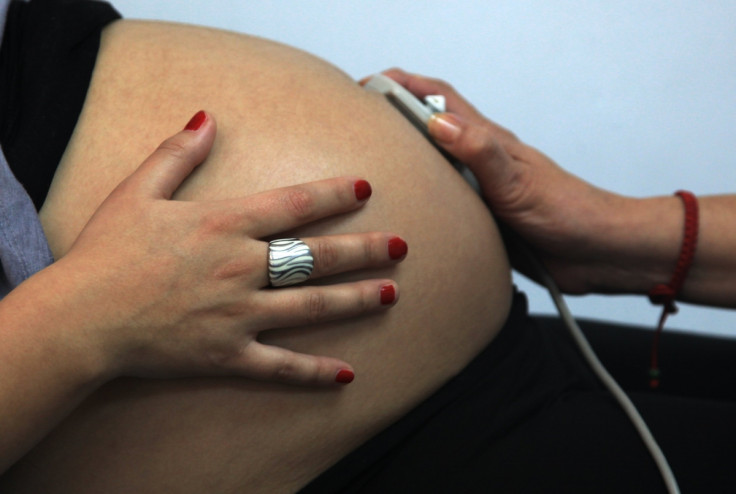India to close its doors to foreigners seeking surrogacy services

The world's commercial surrogacy services hub, India is moving to ban commercial surrogacy for foreigners and plans to make the services available only to married Indian infertile couples. The government however has conceded that the new proposal would take some time before they are introduced as law.
However, the Indian Council of Medical Research seems to have jumped the gun and has already written to all registered medical practitioners informing them that the government has decided to limit surrogacy to Indian married couples only and not to foreigners. "Therefore, you are requested not to entertain any foreigners for availing surrogacy services in India." The Council comes under the Ministry of Health and Family Welfare.
The solicitor general Ranjit Kumar said the consultation process on the Assisted Reproductive Technology (Regulation) Bill is on-going and that it may be introduced in Parliament in a few months. It is not immediately clear whether the new rule takes effect immediately or only after the bill has received the necessary approval process.
The government's decision will affect thousands of childless couples who turn to India to have children through surrogacy, whether through their own embryos or sperm and egg donors. Commercial surrogacy in the sub-continent is estimated to be worth more than $1bn (£65m) a year. The process usually involves in-vitro fertilisation and embryo transfer. A female surrogate is then paid to carry the foetus until birth.
The government finally clarified its policy on surrogacy, which until now, has been unclear, paving the way for foreigners to flock to the country to seek out surrogacy services in various private clinics. On the orders of the Supreme Court in Delhi, the solicitor-general said in an affidavit: "No foreigners can avail surrogacy services in India."
Kumar added that surrogacy would be available only for married Indian couples. In addition, the Directorate General of Foreign Trade has withdrawn the 2013 notification allowing the free import of frozen human embryos. It has now put this on the negative list.
Kumar told the bench of Justices Ranjan Gogoi and N V Ramana that he needed two weeks to file an affidavit outlining details of the government's proposal which deals with the finer details of surrogacy in the country.
The Supreme Court had framed 14 questions on surrogacy for the government to respond to after hearing a matter pertaining to commercial surrogacy. It noted that various issues related to surrogacy were not covered by any law and ordered the government to take a holistic view and bring in legislation.
Referring the government's move in 2013 to allow the import of human embryos for artificial reproduction, the court said: "Commercial surrogacy should not be allowed but it is going on in the country. You are allowing trading of human embryo. It is becoming a business. It has evolved into surrogacy tourism."
The bill proposes that the parental rights of the surrogate child would be decided between the surrogate mother and the commissioning couple. "The donor of sperm or egg would not claim any right over the surrogate child," the affidavit said.
The bill also touches on surrogate children born with disabilities. "If a commissioning couple refuses to take care of a child born with disabilities, the couple will be penalised, and simultaneously, safeguards have been provided under proposed legislation to take care of such abandoned child." The proposed legislation states, among others, that:
- a semen bank cannot supply the sperm of a single donor for use more than 75 times;
- a woman cannot donate eggs more than six times in her life, and with no less than a three month interval;
- Semen can be collected from men aged 21 and 45 years old while eggs collection is limited to women aged 21 and 35 years old; and
- The name, identity or address of any sperm donor should be divulged by the sperm bank unless under the order of a court.
© Copyright IBTimes 2025. All rights reserved.






















